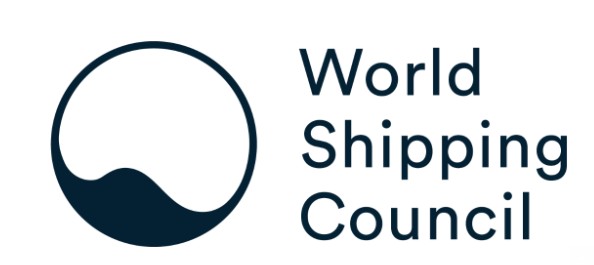Issue Unprecedented global agreement gives shipping clarity on critical next…
페이지 정보
작성자 최고관리자 댓글 0건 조회 65회 작성일 25-04-15 09:23본문
Unprecedented global agreement gives shipping clarity on critical next step to decarbonization

The World Shipping Council has welcomed an unprecedented global agreement at the International Maritime Organization (IMO) today, as a critical next step toward shipping decarbonization.
Following a contentious and difficult debate, the IMO reached agreement on a measure to be finalized and adopted in October. The measure establishes a GHG fuel standard and framework that, if adopted, will require continuous reductions in GHG fuel intensity beginning in 2028 with ongoing reductions over the next two decades. IMO is poised to move forward on a topic that has evaded legally binding standards in many other fora for decades.
“This is a major milestone for climate policy and a turning point for shipping. Our industry has long been labelled as ‘hard to abate,’ but record industry investment and a new global measure can turn the tide on that,” World Shipping Council President & CEO Joe Kramek said today.
“Liner shipping has already moved to kick-start decarbonization, with nearly 1000 renewable-capable ships set to be on the water by 2030. However, a global regulation is necessary to deliver the renewable fuels at a commercially viable price.”
“Outcomes from the IMO today mean global regulations can now begin to leverage the record industry investment to meet decarbonization targets,” Joe Kramek concluded.
WSC’s Vice-President and lead IMO representative Bryan Wood-Thomas commended the ability of IMO to reach agreement on one of the most challenging issues in the history of the Organization.
“Building on the World Shipping Council’s Green Balance Mechanism, the agreement creates a two-tiered regulatory measure that applies emission fees proportional to the GHG intensity of the energy used by a ship. Most importantly, the regulations also provide a mechanism that encourages the use of cleaner zero and near-zero fuels and energy sources,” Bryan Wood-Thomas said.
“The production of clean fuels and energy sources will create economic opportunities across the globe and have environmental benefits that will last for generations. However, there is considerable work remaining to ensure we have the rules and guidance necessary to use the fuels that will power the world’s fleet in future years.”
“These regulations are a critical starting point that gives us the needed regulatory structure to address this critical issue that impacts every corner of the globe,” Bryan Wood-Thomas concluded.
Key facts
- There are nearly 200 renewable-capable liner ships on the water today, and an additional 700 to be delivered by 2030.
- Shipping accounts for 2-3% of global GHG emissions.
- Alternatives to traditional Very Low Sulfur Fuel Oil are significantly more costly: 31% more expensive for Liquid Natural Gas, (LNG), 53% for grey methanol, 111% for bio-LNG, and 274% for green ammonia according to Platts’ global bunker fuel cost calculator in January 2025 for Rotterdam.
■ Contact: WSC www.worldshipping.org












